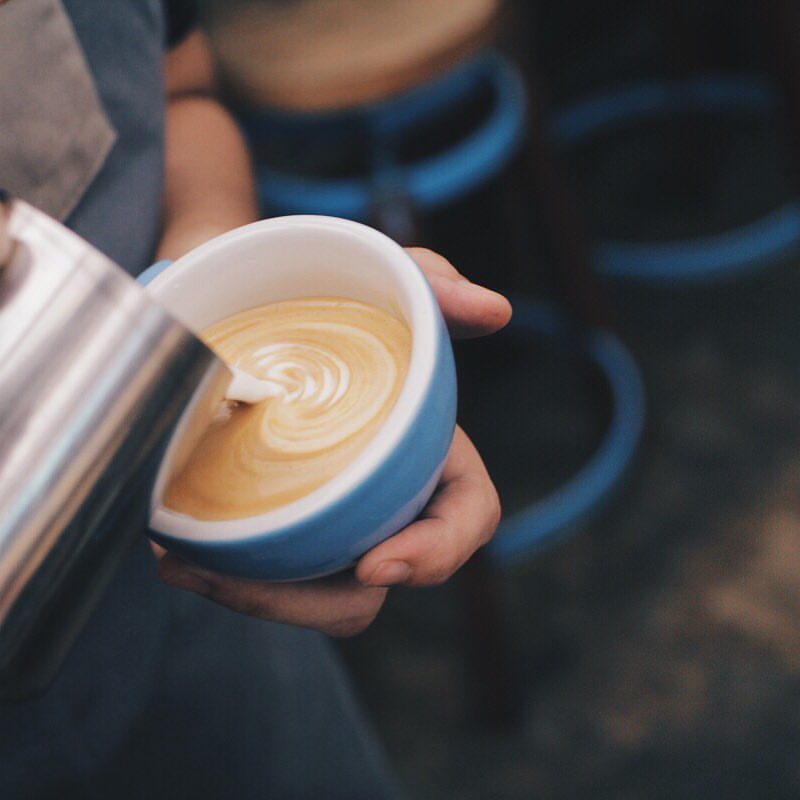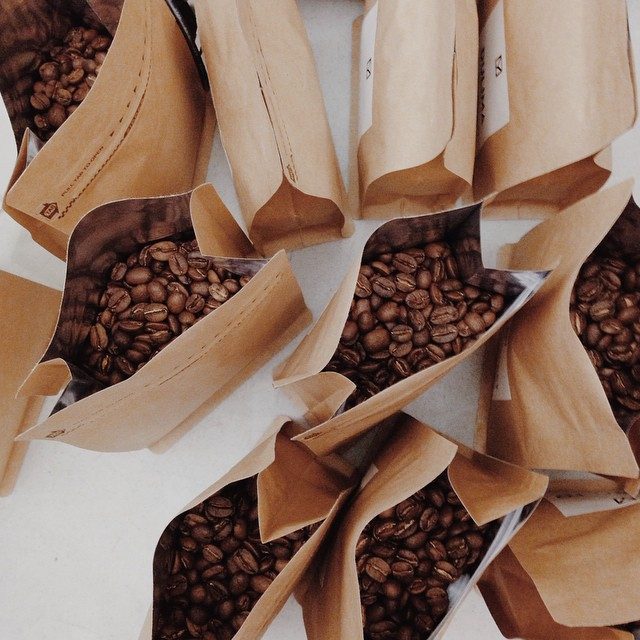SUMMARY
This is AI generated summarization, which may have errors. For context, always refer to the full article.

MANILA, Philippines – What makes specialty coffee so special?
Most specialty coffee fans have a level of devotion to coffee higher than regular drinkers. The common idea is it’s not for the general public – it’s more of a niche product.
But the people of Yardstick Coffee believe it’s something everyone can enjoy.
Although they’re not as pervasive as Starbucks or Coffee Bean branches yet, more and more third wave coffee shops are popping up in Manila, driven by a steady traffic of curious Filipinos.
Andre Chanco of Yardstick Coffee takes us through the basics of specialty coffee, what differentiates it from regular coffee, and its future in the local business scene.
How did specialty coffee start getting popular in the Philippines?
If you look closely at Singapore, Hong Kong, Tokyo – the specialty coffee scene in those areas has been booming for years now. Given that Filipinos frequently travel to those countries, they would naturally get exposed to better coffee and eventually start looking for it back at home.
What sets third-wave coffee establishments apart from other coffee retailers?
The smaller, independent shops will always have a character of their own. The biggest difference that specialty coffee shops have over the chains is the freshness of the coffee that they offer because they are roasted on a daily or weekly basis. Moreover, they give customers various taste profiles to experience by offering several coffees from different origins.
How did Yardstick come into the picture? How did its founders come up with the concept?
Yardstick came in before the first boom of specialty coffee shops in Manila. The founders decided to set up Yardstick as a supply company – roasting coffees for cafes and restaurants, supplying machines and equipment, and having a good training and education system to back all that up.

Would you say there are a lot of specialty coffee establishments who present serious competition? What about competition coming from the more mainstream cafes?
We supply coffee and equipment to different restaurants and cafes in the Philippines. We also continually train their staff to make better coffee. The cynic would say that we are making more competition for ourselves, but we are just continuing what we were meant to do since day one: increase and set the standard in the overall coffee industry here in the Philippines. Our biggest competition is ourselves and we continually strive to do better.
Do you see specialty coffee becoming more popular with regular coffee drinkers? Or will it always have a niche?
Yes, and it has already become very popular with coffee drinkers. As a coffee company involved in the distribution and supply of coffee beans and equipment, we have seen restaurants, which previously only treat coffee as an add-on in the menu, become serious about serving good quality coffee in their establishments to complement the food.
What do you think draws consumers to specialty coffee establishments?
The specialty coffee shops provide an environment that’s not only about the coffee. And once they taste something good, be it food or beverage, it’s hard to go back to something that’s inferior in taste.
What’s the secret behind the “enduring power” of third wave coffee?
The biggest driving force which not many people are exposed to is the hard work that the farmers put into every harvest. Every year, the coffee from producing nations just keep getting better and better. All we do is deliver that taste experience to our customers.
How is the community constantly evolving?
Yardstick organizes the Philippine AeroPress Championship every year and we send the winner to the World’s. During our first year, we started with 18 competitors. This year we have 60. From the community of customers, it’s great to see them enjoy specialty coffee. We have to thank Instagram for that as they truly share their feedback online. They are now starting to embark on coffee crawls here in Manila and overseas.
Even the most casual of coffee drinkers are now open to trying out different roasters. Because there’s more to the process of creating specialty coffee, drinking it feels like a more personal experience.
But is it just a trend? As long as there are people passionate about making quality coffee, there will always be a market for it. – Rappler.com
Add a comment
How does this make you feel?
There are no comments yet. Add your comment to start the conversation.